Latest Article
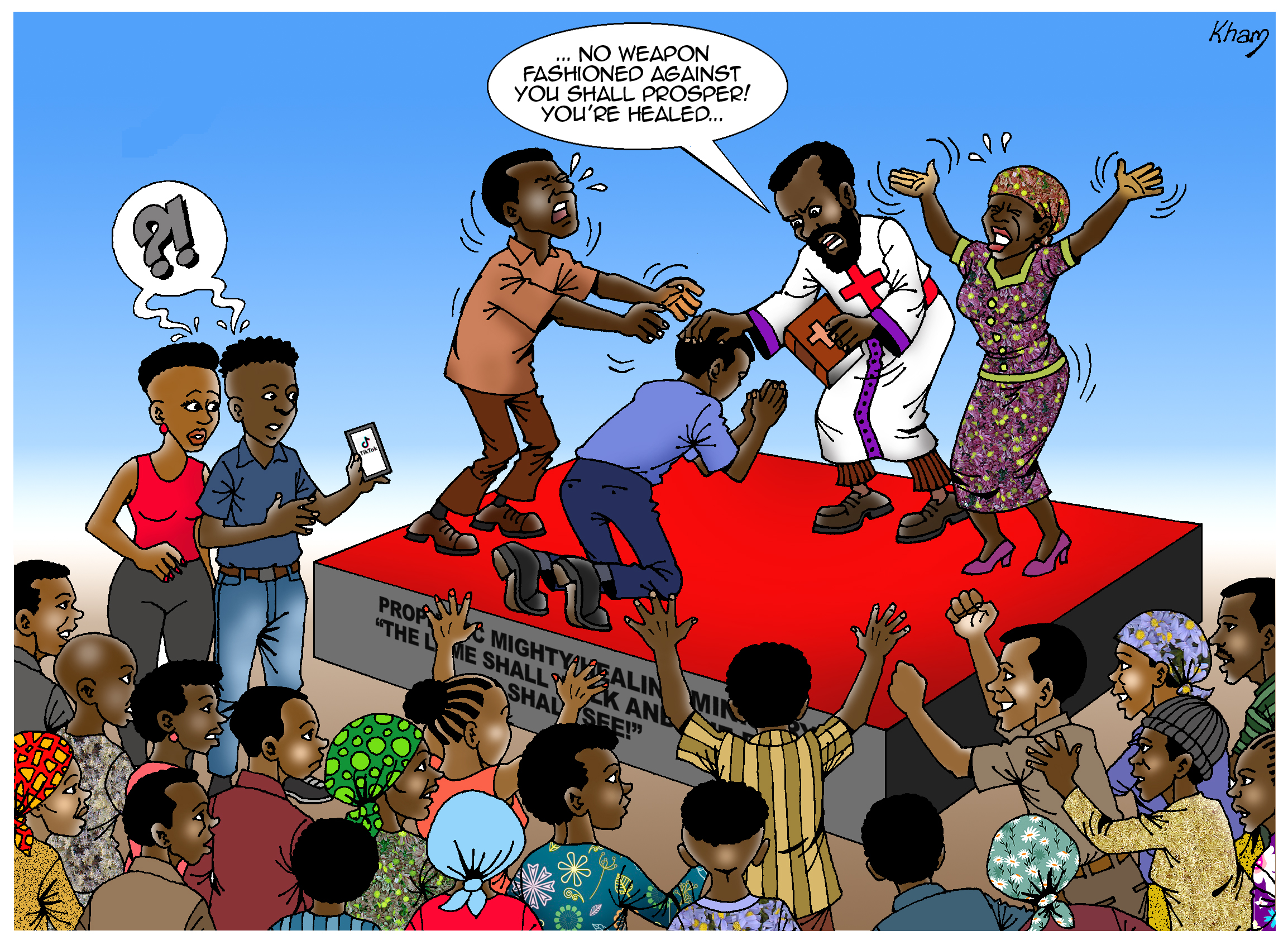
TikTok, Trumpets and Deception: Unmasking Africa’s doomsday, ‘mighty’ prophets
This is not unique to Ruto. Across the political divide, figures such as Babu Owino regularly quote scripture, invoke divine justice and frame political struggle in spiritual terms. The Bible becomes a rhetorical shield, a way to signal moral legitimacy without submitting ideas to scrutiny. In a deeply religious society, scripture shortcuts debate, bypasses evidence and goes straight to emotion.Political theorists have long warned that when religion becomes the primary language of politics, accountability weakens. Policies are no longer judged on outcomes but on perceived righteousness. Leaders are forgiven material failure because they “fear God”. Critics are dismissed not as dissenters, but as enemies of faith.
Filter
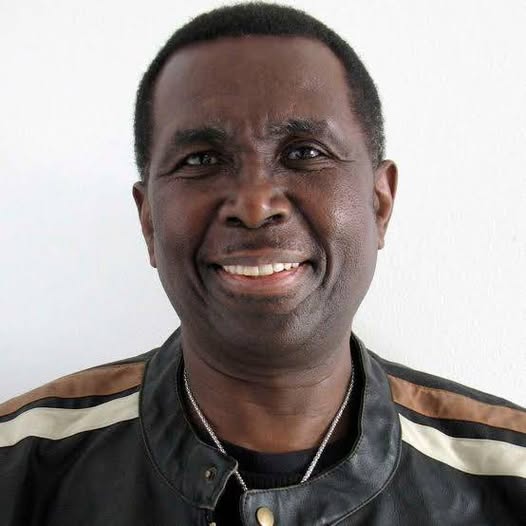
Beyond Kenya, Meja Mwangi carried African storytelling into global conversations, winning international recognition while remaining rooted in local realities. Even when he lived and worked abroad, his imagination never left home. Kenya was always the beating heart of his work. For generations of readers, writers, journalists and students, Mwangi offered permission: permission to write boldly, to centre the margins, to resist romanticising struggle, and to tell African stories without apology or translation.

Apart from these wild musings, Aliet was surprisingly calm. The contrast between his measured presence and the provocation of his ideas perhaps explains both his devoted following and the unease he stirs in others. Walking beside him made one thing clear: Aliet’s worldview is not merely a set of opinions; it is a mirror reflecting the anxieties and contradictions of modern masculinity. Men claim supremacy yet depend on women for emotional stability; women shrink themselves to be chosen, even when the choosing devalues them; and the narratives we cling to continue to reinforce the very traps we complain about. Aliet may be controversial, but he exposes a truth that many would rather avoid: our relationships are shaped not just by love but by the power we fear losing.
%20(1)%20(1)%20(1).jpg)
The “crazy” things our Gen Z do are no different from what we, our parents or grandparents did. My grandpa, for one, thought my father was an idiot for buying furniture instead of cattle. My father thought I was a numbskull for spending the equivalent of five months' pay on a music system instead of, wait for it, buying cattle! Mark you, clean-shaven I, who once pranced around with a bushy afro to my father’s chagrin, couldn’t stand the strings my son carried around on his head.
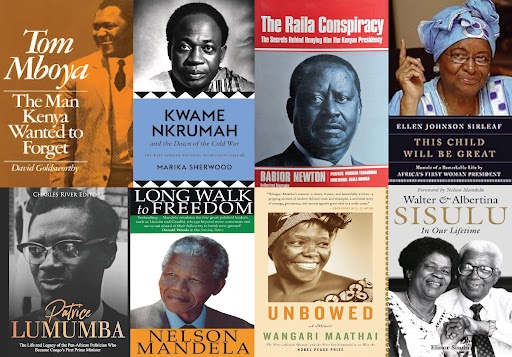
A more fitting legacy would be to immortalize Raila Odinga's thoughts and ideas in books, libraries, documentaries and films.
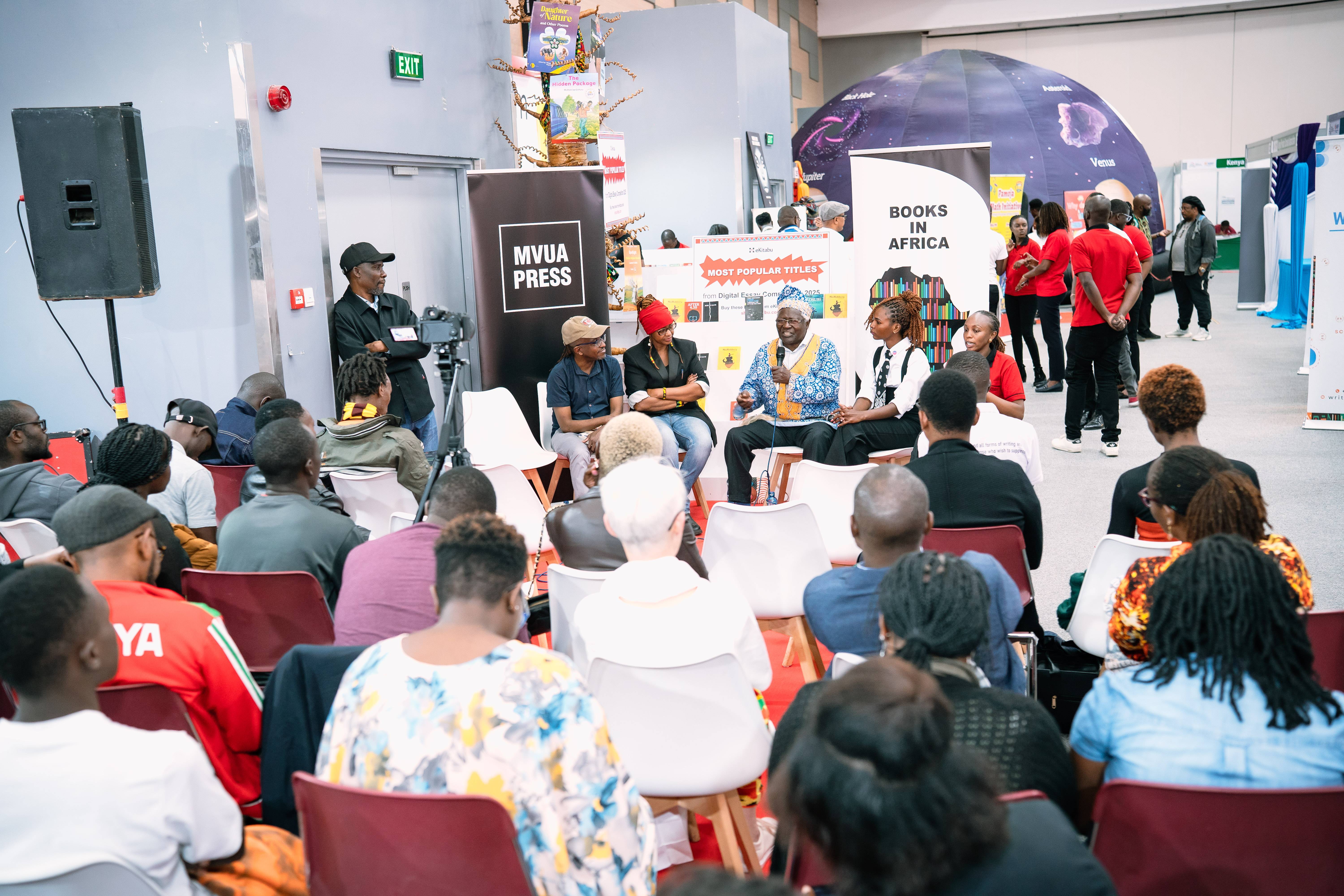
The youthful generation is yearning for information, as times have shown that everyone needs to be updated to avoid making the mistakes that our forefathers made when they were colonised and made to think that they couldn’t think on their own or make sane decisions.
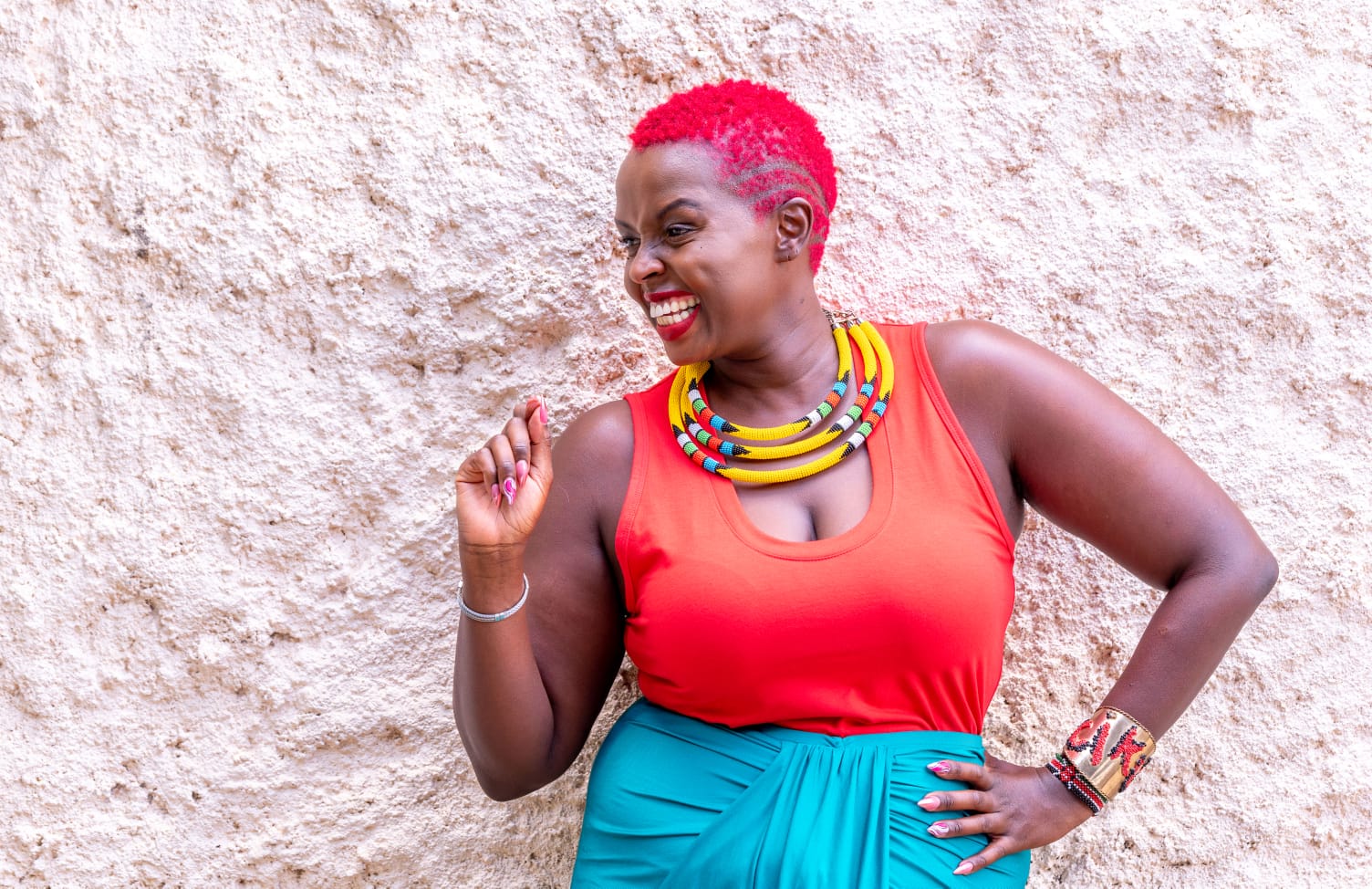
Social media has been transformative. It’s allowing Africans to reclaim stories in real-time—whether it’s TikTokers teaching indigenous languages or Instagram creators reviving ancient textile traditions. Technology is helping bypass traditional gatekeepers, making it easier to tell our stories from our perspective.

